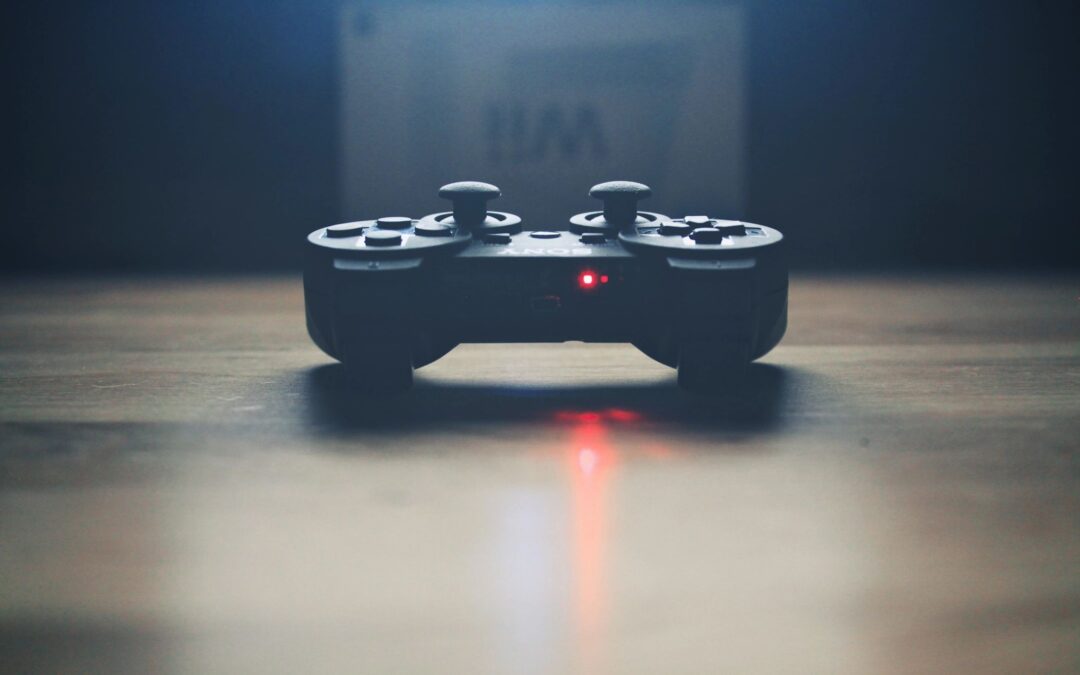By Zach Sharb and Josh Nightingale –
On May 26, 2021, the United States District Court for the Western District of Washington denied both defendant Valve Corporation’s (“Valve”) motion for judgment as a matter of law or a new trial, and plaintiff Ironburg Inventions Ltd.’s (“Ironburg”) motion for enhanced treble damages pursuant to 35 U.S.C. § 284. On February 1, 2021, the jury had found Valve willfully infringed Claims 2, 4, 7, 9, 11 and 18 of Ironburg’s U.S. Patent No. 8,641,525 (the ‘525 Patent), awarding Ironburg $4,029,533.93 in damages. Ironburg Inventions Ltd. v. Valve Corp., C17-1182 TSZ at *1 (W.D. Wash. May 26, 2021). The ‘525 Patent was directed towards an “improved controller for a game console” with “two additional controls located on the back in positions to be operated by the middle fingers of a user.” (‘525 Patent at Abstract). Id. at *2.
Because the record did not support a conclusion that Valve pirated Ironburg’s invention or that the alleged misconduct was “any more egregious than ‘garden variety’ infringement and aggressive litigation tactics,” the district court denied Ironburg’s motion for enhanced damages. Id. at *4. In its denial, the district court noted that Claim 1 of the ‘525 Patent had been previously invalidated by the PTAB, and that the allegedly infringing features of Valve’s controller were not protected by the ‘525 Patent. Therefore, Ironburg would not be “permitted to invoke any infringement of Claim 1 as a basis for ‘punitive’ or enhanced damages with respect to the infringement of other, dependent, claims of the ‘525 Patent.” Id at *4. The district court also emphasized the lead designer of the accused device’s testimony that the first time he laid eyes on the ‘525 Patent was at his deposition – long after the development of several prototypes as well as the commercial version of Valve’s Steam controller. Id.
In its motion for judgement as a matter of law, Valve sought a ruling that its Steam Controller did not meet every limitation of Claim 1 of the ‘525 Patent and therefore did not infringe any of the contested dependent claims. In support of its motion, Valve argued Ironburg failed to offer an expert opinion delineating the meaning of certain claimed features of its controller and challenged Ironburg’s expert testimony on whether certain components had the requisite flexibility and dimensions. Id. at *5. However, because the technology at issue was “easily understandable,” or “straightforward” (as Valve’s own counsel acknowledged in his opening statement and closing arguments) the district court held the jury did not need to rely on any expert testimony in rendering its decision. Because it could have reached a verdict by “focusing solely on the patent and the accused device” the district court held Valve’s attacks on Ironburg’s expert did not come close to showing an entitlement to the requested judgment and denied Valve’s motion for judgment as a matter of law. Id. at *6.
Practice Takeaways: The district court cited Presidio Components, Inc. v. Am. Tech. Ceramics Corp., 875 F.3d 1369 , 1382 (Fed. Cir. 2017) for its holding that “an award of enhanced damages does not necessarily flow from a willfulness finding.” Id. at 4. Valve illustrates the difficulty of meeting this burden, and demonstrates that an unpatentable claim will not support enhanced damages for dependent claims.
Latest posts by Josh Nightingale (see all)
- Director Review: PTAB Must Articulate Bases for Section 325(d) Denial - April 5, 2024
- “Eleventh Hour” Sotera Stipulation Sufficient to Avoid Denial - January 23, 2024
- Undated Screenshot Insufficient to Prove Public Accessibility of GitHub Repository - January 12, 2024

